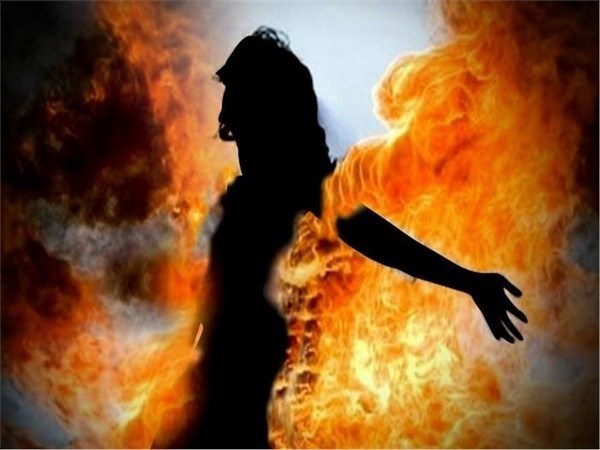

The film ends with Manju being forsaken at the threshold of her own lonely world. Through her workplace, she meets Arun, a sensitive young man who lends a sympathetic ear to her woes and nightmares, but the relationship comes to naught because she is incapable of trusting anyone. As a result of an insecure childhood and early experience of betrayal in love, Manju is trying to fight her inner demons even as she seeks a meaningful relationship with a man. The film is about Manju, a young woman who works in an advertising company in Madras. The first film to focus exclusively and sympathetically on the predicament of a modern woman was Aval Appadithan (1978), directed by C. Balachander’s films about women would have passed the Bechdel test – a check whether a work of fiction contains one or more sequences featuring a conversation between women that does not involve a man – because men were invariably the central problem in the lives of all his women characters and thoroughly dominated the proceedings.

That the film was adapted from a story by Anuradha Ramanan, a writer who dealt sensitively with women’s problems, could have been a contributory factor. Oru Veedu Iru Vasal was an exception in that it affirmed the possibility of a woman rejecting her husband and forging a new life outside marriage.

While Balachander can be credited with bringing such problems to the screen in contemporary settings, the manner of their resolution usually involved compromise, resignation or, in extreme cases, suicide on the part of the affected women. Balachander’s films that deal with the problems of women in difficult and/ or abusive marriages. Avargal (1977), Noolveli (1979) and Oru Veedu Iru Vasal (1992) are some of K. In Arangetram (1973), a young woman from a poor Brahmin family is forced to resort to prostitution to support her family. His Nootrukku Nooru (1970) dealt with alleged sexual harassment of a college student by her professor. Balachander, representing the vanguard of the middle class at the time, was among the earliest to respond to this shift. Instead, film-makers had to deal with the aspiration of women to be treated as individuals in their own right, and the inevitable conflicts and struggles they experienced in trying to live with freedom and dignity. It was no longer possible to portray the ideal woman as someone who subordinated herself and sacrificed her well-being for the sake of her husband and family. In an edited excerpt from one of Raman’s essays, the acclaimed translator examines the evolution of women in Tamil cinema after the 1970s. Edited by MK Raghavendra, the anthology contains essays by Raghavendra, Elavarthi Sathya Prakash, N Kalyan Raman and Meena T Pillai on Kannada, Telugu, Tamil and Malayalam cinema respectively.


 0 kommentar(er)
0 kommentar(er)
